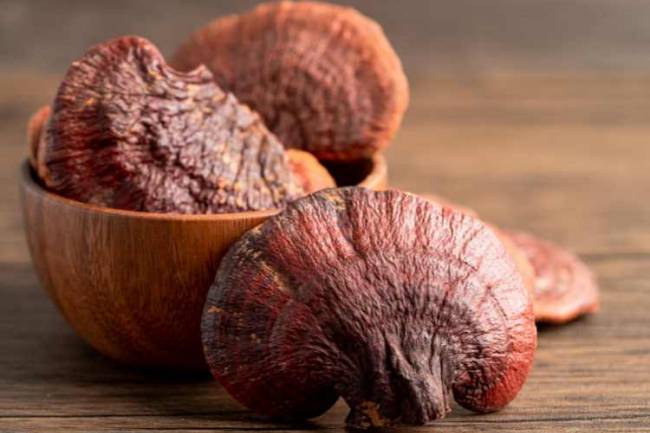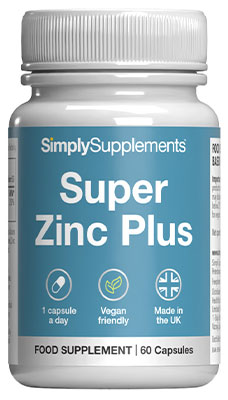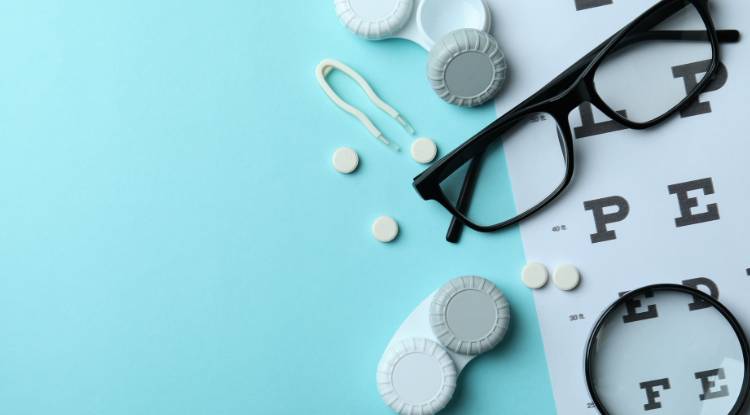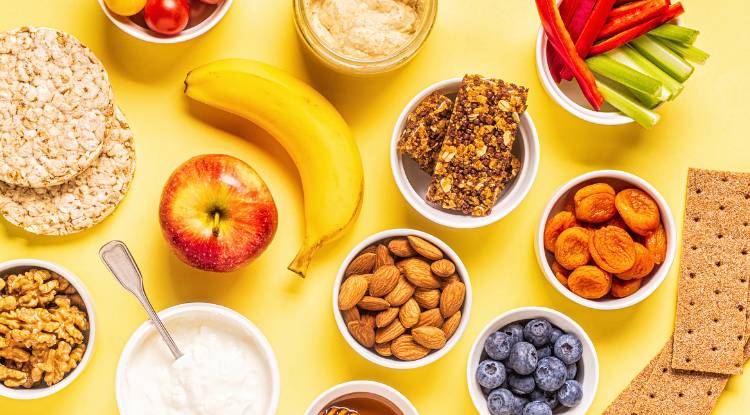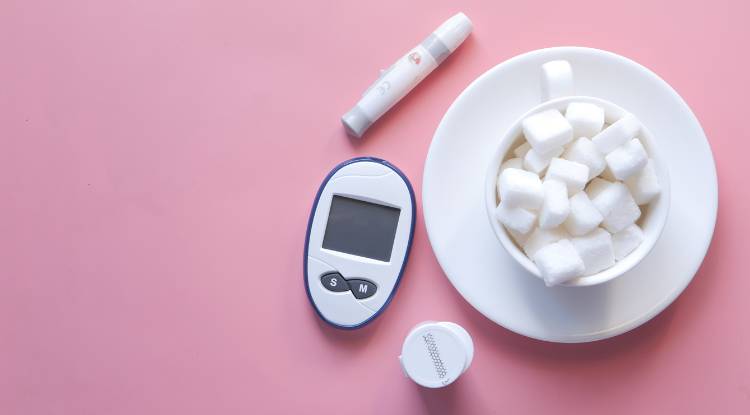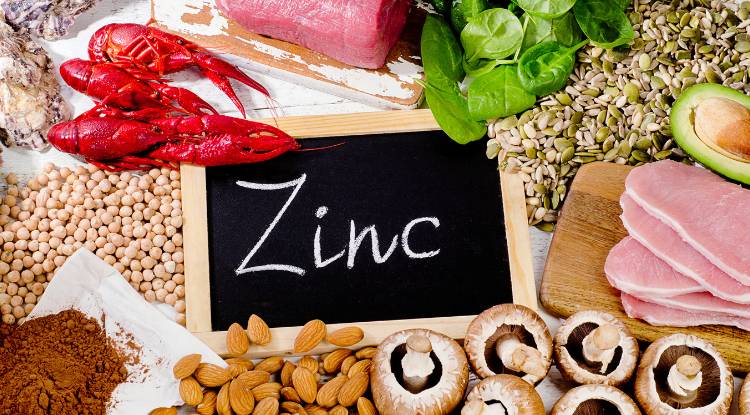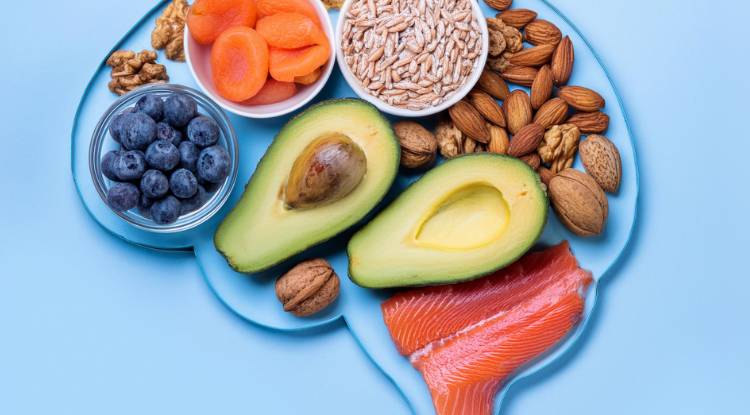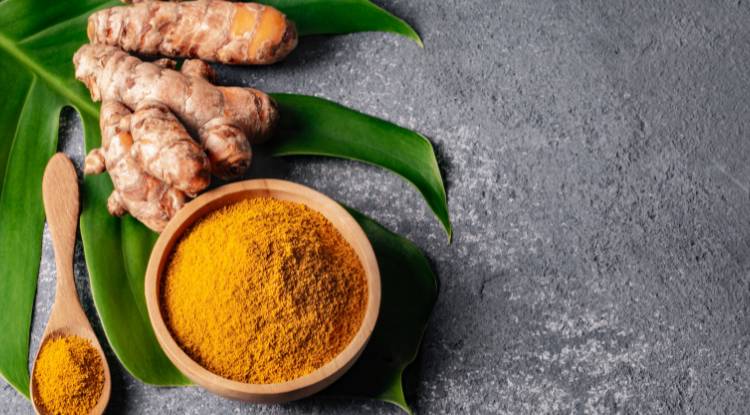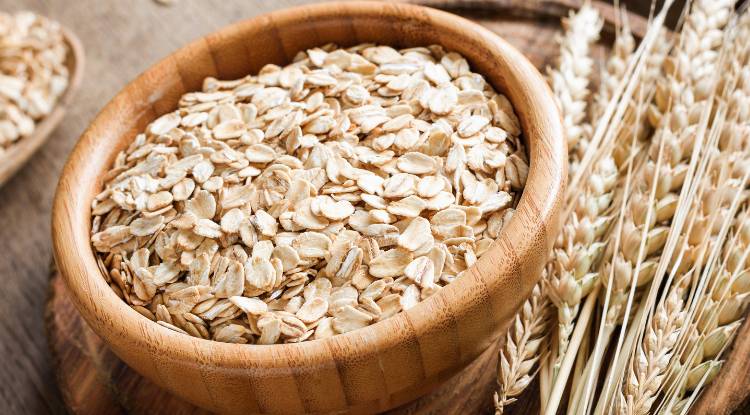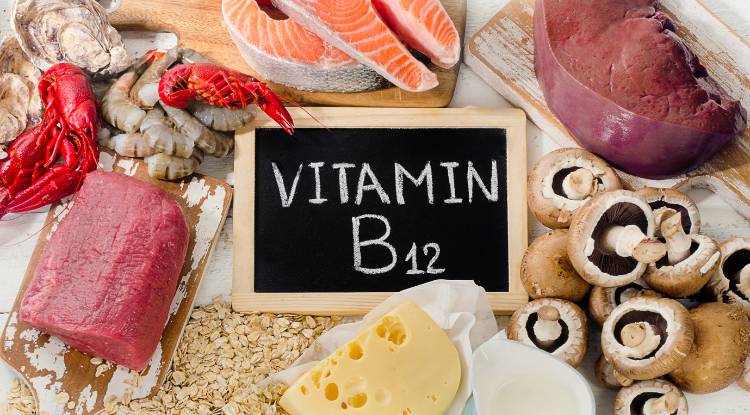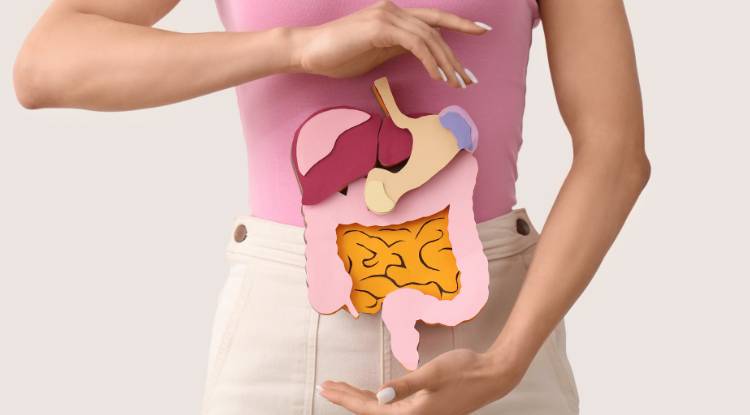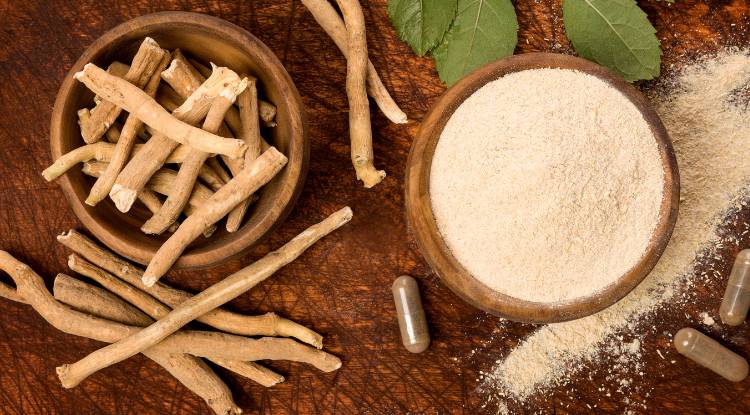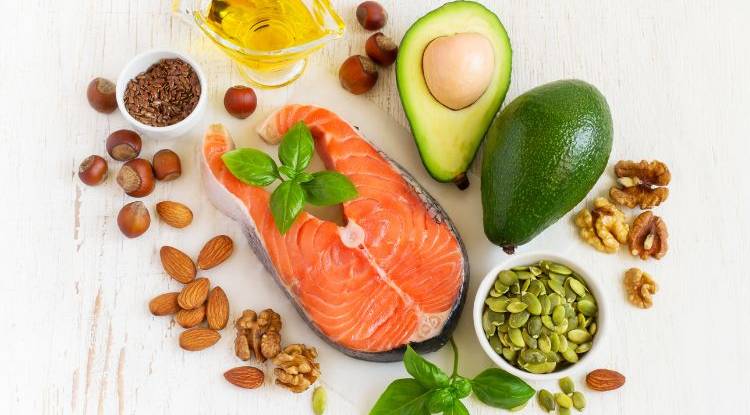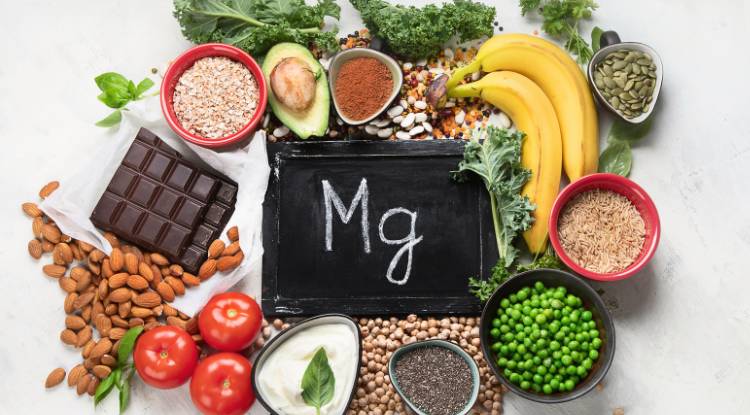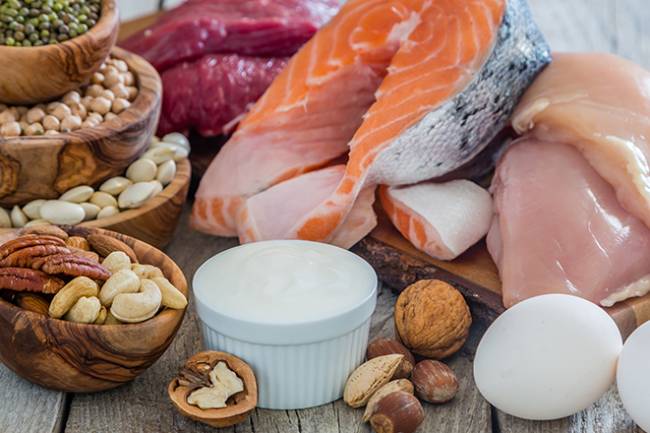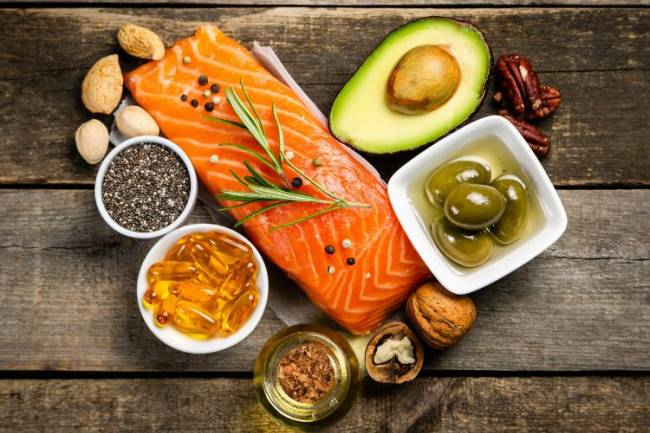Zinc: The Unsung Hero of Immunity, Skin, Hormones & Mood
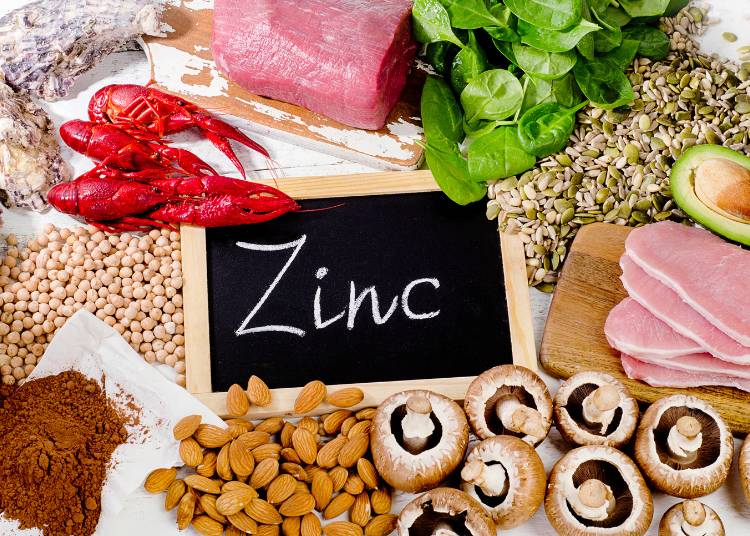
When we talk about nutrients that make a real difference to our health, the spotlight usually lands on the obvious stars: iron for energy, calcium for bones, magnesium for relaxation. But one quietly powerful mineral rarely gets the recognition it deserves, despite playing a starring role in everything from immune strength and skin healing to hormone balance and brain function. We’re talking about zinc.
Zinc is what’s known as an essential trace mineral. Your body doesn’t store it or produce it, so you need to get a consistent supply from your diet. And even though you only need it in small amounts, its influence is mighty.
Without enough zinc, your body can struggle to fight infections, your skin may break out or take longer to heal, your hormones might fall out of sync, and your mood and mental clarity can take a hit.
Let’s dig into why zinc deserves a place in your supplement routine, and why it might be the missing link in your everyday wellness strategy.
Zinc and Your Immune System: Your First Line of Defence
If there’s one area where zinc really shines, it’s immunity.
Zinc supports the development and function of immune cells, especially white blood cells, which are your body's frontline defenders against viruses, bacteria, and inflammation. It also plays a role in regulating inflammation and supporting mucosal barriers (think: the linings of your nose, throat, and gut, which act as protective shields).
Clinical research has consistently shown that zinc can reduce the severity and duration of the common cold when taken within the first 24 hours of symptoms. In fact, a review of multiple studies found that zinc lozenges could shorten cold duration by up to 33%.
Zinc is also being explored for its potential in viral infections more broadly, including COVID-19, due to its antiviral and immune-regulating properties.
If you find yourself frequently getting sick or taking a long time to bounce back from illness, low zinc could be a contributing factor.
Zinc and Skin Health: The “Skin Mineral” You Didn’t Know You Needed
Zinc is often referred to as the “skin mineral,” and for good reason. It plays a vital role in:
Wound healing
Cell regeneration
Inflammation control
Oil regulation
Collagen synthesis
Protection from oxidative stress
People with acne, eczema, dermatitis, or psoriasis often have lower-than-optimal zinc levels. That’s why zinc is a common ingredient in topical treatments for skin complaints like nappy rash, cold sores, and sunburns.
But zinc doesn’t just work on the surface. Internally, it helps reduce sebum (oil) production, calms inflammatory processes, and supports skin regeneration, making it an all-rounder for clearer, stronger, more resilient skin.
Whether you're battling breakouts, dealing with dry patches, or simply want to improve your skin from the inside out, zinc is a smart addition to your toolkit.
Zinc and Hormonal Health: A Key Player in Your Internal Balance
Zinc may not be the first mineral you associate with hormones, but its influence runs deep.
It supports the synthesis and function of several key hormones, including:
Insulin, which regulates blood sugar levels
Thyroid hormones, which drive metabolism
Cortisol, your stress response hormone
Sex hormones, including oestrogen and testosterone
Low zinc status has been linked to issues with fertility, irregular menstrual cycles, low libido, and metabolic imbalances. In men, zinc is essential for sperm quality, testosterone levels, and reproductive health. In women, it helps modulate the balance of oestrogen and progesterone and supports adrenal and thyroid function, systems that can be easily thrown off by stress.
If you’ve ever felt hormonally “off,” had trouble recovering from stress, or noticed more frequent blood sugar crashes, it’s worth looking into whether you’re getting enough zinc.
Zinc and Mood: Small Mineral, Big Mental Impact
Zinc doesn’t just influence your body, it impacts your mind, too.
High levels of zinc are found in the hippocampus and cerebral cortex which are regions of the brain associated with memory, mood, and emotion. It plays a role in the activity of neurotransmitters like serotonin, dopamine, and GABA, which are involved in emotional regulation, motivation, and calm.
Low zinc levels have been associated with:
Depression
Anxiety
Brain fog
Irritability
Poor concentration
Fatigue
In fact, some studies have found that zinc supplementation can enhance the effects of antidepressants, especially in people who are zinc-deficient. It’s not a standalone cure for mental health challenges, but it’s a clear signal that your brain’s chemistry and your nutrient intake are closely connected.
Nutrition matters, and zinc might be an underappreciated mood ally.
Why You Might Not Be Getting Enough Zinc
Severe zinc deficiency is rare in most developed countries, but marginal or suboptimal levels are surprisingly common, especially among those with dietary restrictions or digestive issues.
You might be at higher risk if you:
Follow a vegetarian or vegan diet (plant sources of zinc are harder to absorb)
Have digestive conditions like IBS, Crohn’s, or coeliac disease
Are pregnant or breastfeeding (zinc needs increase)
Take high doses of iron or calcium (which can interfere with zinc absorption)
Drink alcohol regularly
Experience chronic stress or inflammation
Use hormonal contraceptives
Phytates are compounds naturally found in wholegrains, legumes, and seeds which can bind to zinc and reduce its absorption in the gut. So even if you're eating a zinc-rich diet, your body might not absorb it as efficiently. The good news? Soaking, sprouting, or fermenting these foods (like sourdough bread or sprouted lentils) can help reduce phytate levels and improve mineral bioavailability.
Signs You May Be Low in Zinc
The signs of suboptimal zinc aren’t always obvious at first, but over time, you might notice:
Frequent colds or infections
Slow wound healing
Acne or skin rashes
Thinning hair or hair loss
Loss of appetite or altered taste/smell
White spots on your nails
Brain fog or low mood
Fertility challenges or irregular cycles
Because these symptoms overlap with other conditions, it’s always best to speak with a healthcare professional if something feels off. But they’re worth watching out for, especially if several apply to you.
How Much Zinc Do You Actually Need?
The recommended daily intake of zinc varies depending on your age, sex, and life stage. Here’s a general guideline for adults:
Men: 9.5–11 mg/day
Women: 7–8 mg/day
Pregnancy & Breastfeeding: 10–12 mg/day
Your needs may increase during times of illness, high stress, or digestive issues.
Top Food Sources of Zinc
As always, food should be your first source of nutrients. Zinc from whole foods tends to be more bioavailable and comes with other beneficial cofactors.
Best animal-based sources:
Oysters (by far the richest natural source)
Red meat (beef, lamb, pork)
Poultry (especially dark meat)
Eggs
Dairy products like cheese and yogurt
Best plant-based sources:
Pumpkin seeds
Cashews, almonds
Lentils, chickpeas, and black beans
Tofu and tempeh
Quinoa and oats
Mushrooms
Should You Take a Zinc Supplement?
If you suspect your diet isn’t supplying enough zinc, or you're dealing with ongoing skin issues, low immunity, hormonal imbalance, or brain fog, a supplement might help fill the gap.
But dosage and form matter.
Safe upper limit: 25 mg per day (from food + supplements combined). Consistently taking more than this can interfere with copper absorption and potentially cause nausea or other imbalances.
Common forms of zinc in supplements:
Zinc gluconate – Often used in lozenges for cold symptoms
Zinc picolinate – Highly bioavailable and easy on the gut
Zinc citrate – Often included in multivitamins
Zinc acetate – Found in many immune formulas
Always take zinc with food, as it may cause nausea on an empty stomach. And if you’re also taking calcium, iron, or copper supplements, take them at a different time of day to avoid absorption clashes.
Final Thoughts: Why Zinc Deserves Your Attention
Zinc might be small, but its impact is far from minor. From helping your immune system stay resilient and your skin stay clear, to supporting your hormones and lifting your mood, zinc is one of the most quietly powerful nutrients you can nourish your body with.
In a world where we often focus on macros (protein, carbs, fats), it’s easy to overlook the micro. But sometimes, it’s the smallest nutrients that make the biggest difference. So if you’ve been feeling a bit off lately, whether it’s mentally foggy, hormonally out of whack, or stuck in a cycle of recurring colds, this might be your sign to check in with your zinc intake.
Sources:
https://ods.od.nih.gov/factsheets/Zinc-HealthProfessional/
https://pmc.ncbi.nlm.nih.gov/articles/PMC3724376/
https://www.frontiersin.org/journals/nutrition/articles/10.3389/fnut.2022.798078/full

 Funmi Akinola (Msc, Anutr)
Funmi Akinola (Msc, Anutr) 